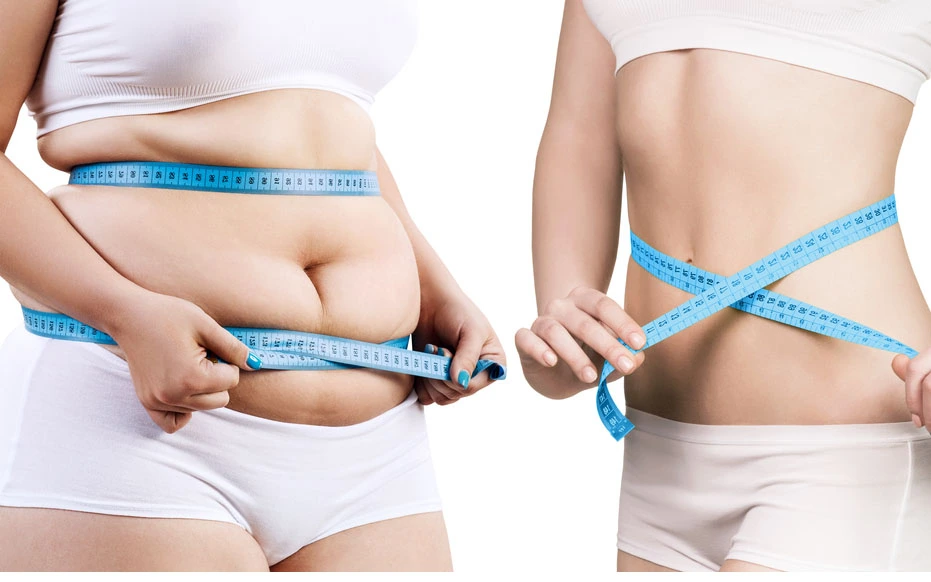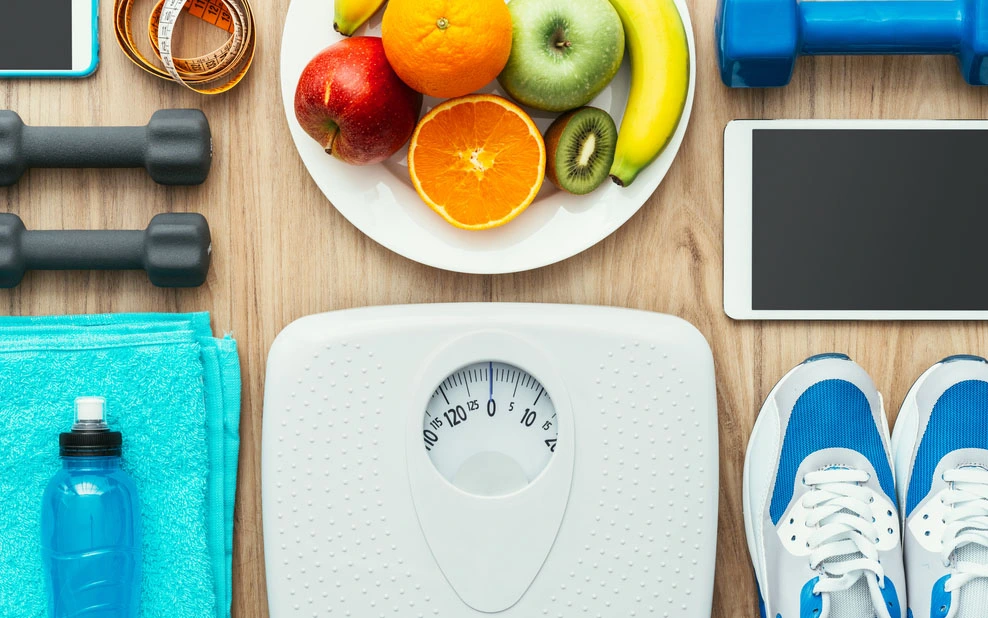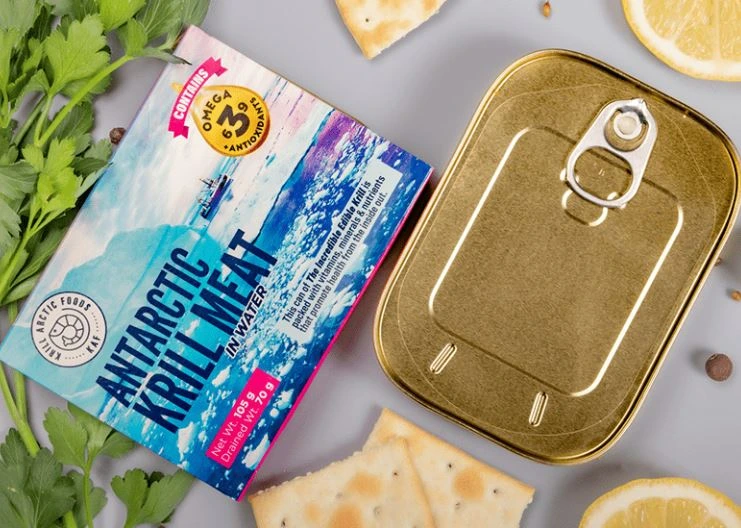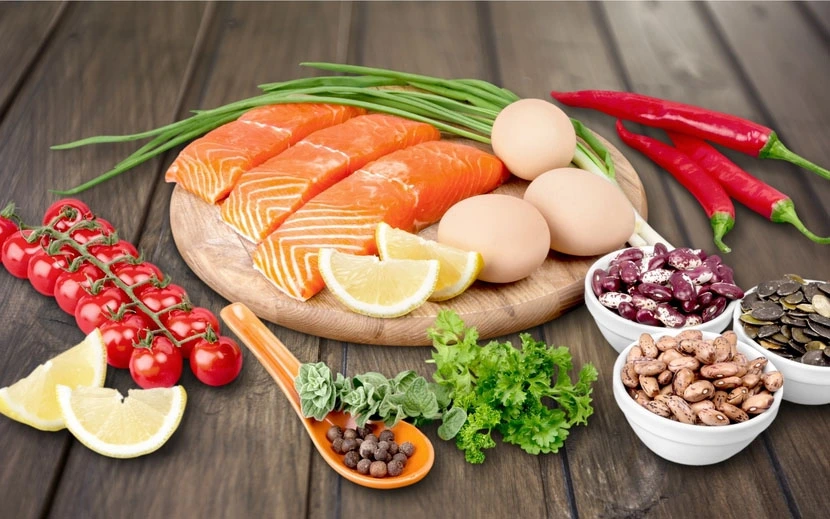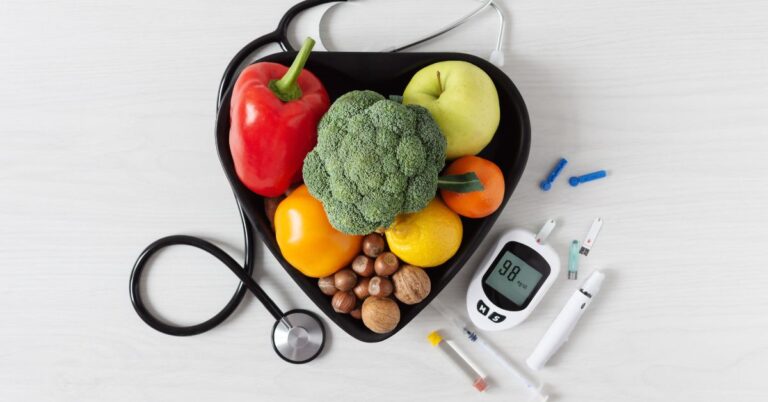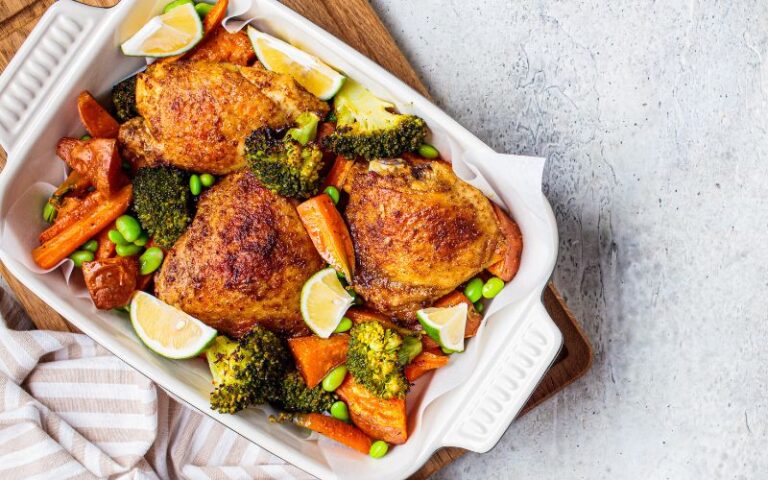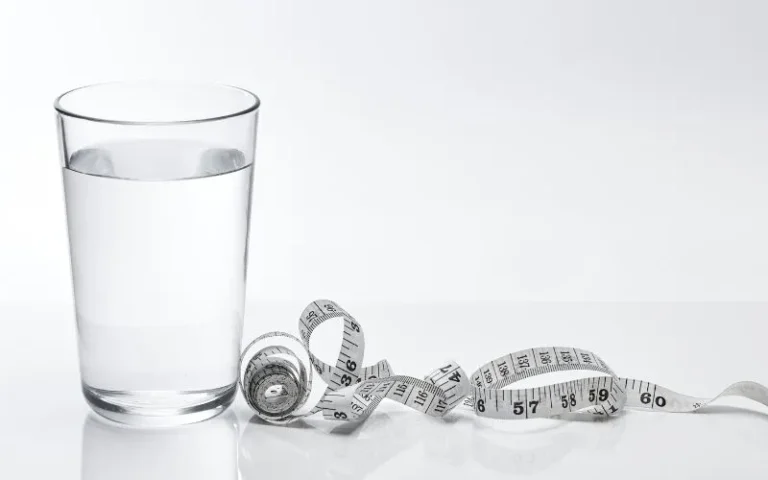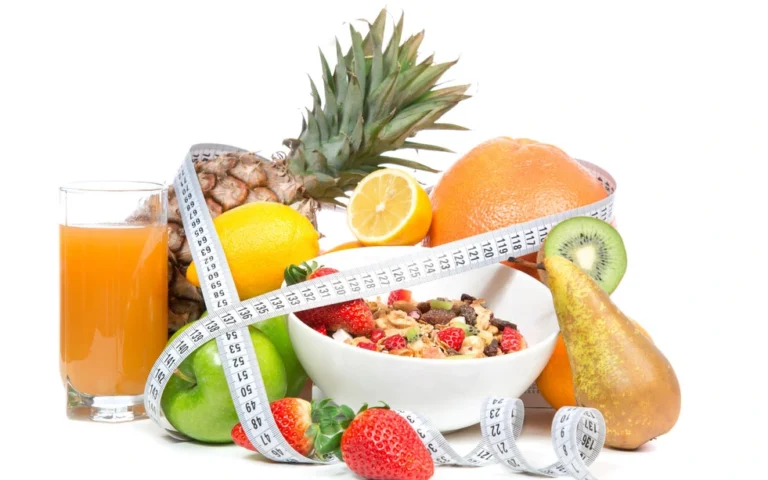When embarking on a weight loss journey, it’s essential to realize that exercise and nutrition go hand in hand. While regular exercise is crucial for burning calories and building muscle, mindful nutrition is equally important. Understanding what foods to consume before and after a workout is essential to achieve weight loss goals. You can maximize fat loss and muscle recovery by fueling your body with the right nutrients.
In this blog, I aim to provide a comprehensive guide to help you choose the best foods to consume around your workouts. I’ll cover everything from pre-workout snacks to post-workout meals, including the most beneficial nutrients that will help you achieve your weight loss goals. With my guide, you can make informed choices about your diet and exercise routine, putting you on the path to success.
Importance Of Calorie Management For Weight Loss
Exercise helps your body burn extra calories, which is crucial for weight loss. For example, a 154-pound person burns about 280 calories per hour walking at a pace of 3.5 miles per hour and approximately 590 calories per hour jogging at 5 mph. Since a pound of fat equals 3,500 calories, consistent exercise combined with a balanced diet can lead to gradual weight loss. A healthy mix of physical activity and mindful eating is key to shedding body fat.
Before a Workout: Fueling for Optimal Performance
To ensure maximum efficiency during a workout, it is essential to fuel your body with the right nutrients beforehand. Pre-workout nutrition can help improve athletic performance, delay fatigue, and reduce muscle damage. The right foods can boost energy levels, increase endurance, and improve concentration.
Carbohydrates
Our body muscles use the glucose from carbohydrates for fuel. For short—and high-intensity exercises, your muscles and liver store glycogen, your muscles’ main energy source. Consuming complex carbohydrates from whole grains, fruits, and vegetables 1-3 hours before your workout is highly recommended.
Protein
Protein is crucial for preventing muscle damage and improving performance. To support your muscles, include a moderate amount in your pre-workout meal. Lean protein sources like chicken, turkey, Greek yogurt, protein shakes, and increasingly popular krill meat are excellent choices. Antarctic Krill is known for its high protein content, omega-3 fatty acids, antioxidant properties, and reduced high cholesterol signs. It can be a unique addition to your pre-workout nutrition.
Healthy Fats
While fats are a less immediate energy source than carbohydrates, they help fuel your longer-duration exercise. Foods like avocados, nuts, and seeds can be included in pre-workout meals eaten several hours before exercise.
Timing is Key
To avoid discomfort during exercise, eat a complete meal 3-4 hours before your workout session or a smaller meal or workout snack 1-2 hours before your workout.
Post-Workout Nutrition: Aiding Recovery and Weight Loss
One of the most important aspects of any workout routine is post-workout nutrition. It helps in aiding recovery and plays a crucial role in weight loss. Consuming the right nutrients after hitting the gym can help replenish the energy stored in the body and repair the muscles broken down during the workout. Additionally, it can help boost metabolism and promote fat loss. Therefore, paying attention to your post-workout nutrition is vital to achieving your fitness goals.
Protein for Muscle Repair
Post-workout, your body needs protein for muscle repair and growth. You are consuming 15-25 grams of protein soon after your workout can optimize recovery. Options for protein intake include protein shakes, cottage cheese, lean meats, and krill meat. Including krill meat benefits the high-quality protein and aids in muscle recovery due to its omega-3 content.
Carbohydrates For Recovery
Your body’s glycogen stores are used during exercise and must be replenished for recovery. Whole-grain bread, brown rice, fruits, or quinoa are excellent post-workout carb sources.
Hydration
Replacing lost fluids is crucial after exercise. Water is usually adequate, but a sports drink might be necessary to replenish electrolytes if you’ve exercised intensely or for a long duration.
Avoid Excessive Calories
While it’s important to refuel, avoid consuming more calories than you burned, especially if weight loss is your goal.
Sample Pre- and Post-Workout Meals
Here are some suggestions for nutritious and balanced meals that you can consume before and after your workout to fuel and replenish your body. These meals are designed to provide you with the necessary nutrients and energy to optimize your exercise performance and recovery.
Pre-Workout (1-3 hours before)
- Whole grain toast with avocado and turkey.
- A small bowl of oatmeal topped with berries and almonds.
- A banana with a small handful of nuts.
- Whole grain toast with avocado and Krill meat
- Krill and vegetable stir-fry
Post-Workout (within 1 hour)
- Grilled chicken with mixed vegetables and quinoa.
- Greek yogurt with fruit and a sprinkle of granola..
- A protein shake blended with a banana.
- Krill meat and quinoa bowl.
- Krill Meat fried rice.
Foods And Habits To Avoid
- Skip High-Fiber and Greasy Foods: High-fiber foods and those rich in fats can cause digestive issues and discomfort during workouts. Avoid vegetables like broccoli and greasy foods that can slow down digestion and affect performance.
- Limit Sugary Snacks: Avoid sugary snacks and sports drinks that can cause a spike in blood sugar levels, leading to an energy crash later on. Opt for healthier snack options like a banana or a cup of yogurt for sustained energy.
- Avoid Large Meals: Large meals can lead to discomfort and sluggishness. Instead, choose smaller, balanced meals or snacks that provide the right amount of fuel without overwhelming your digestion.
Conclusion
Balancing your pre-and post-workout nutrition is key to effectively losing weight while ensuring your body is fueled, ready for exercise, and properly recovered afterward. Remember, the quality of your diet is just as important as the quantity when it comes to weight loss and overall health. Always listen to your body and adjust your food intake according to your specific workout intensity and duration. For personalized advice, consider consulting with a nutritionist or dietitian who can tailor recommendations to your needs and fitness goals.
Frequently Asked Questions
How Important Are Proteins In A Pre-Workout Meal?
Proteins are essential pre-workout to prevent muscle damage and improve performance. Lean protein sources, including krill meat, can be particularly effective due to their high protein and omega-3 content.
Can Eating Fats Before A Workout Be Beneficial?
Yes, consuming healthy fats before a workout, especially for longer sessions, provides sustained energy. Avocados, nuts, seeds, and krill meat are good options.
How Soon Should I Eat After A Workout?
Eating within an hour after your workout is best to aid muscle recovery and replenish glycogen stores. This timing helps optimize recovery and supports muscle growth.
Are Protein Shakes Good For Post-Workout Recovery?
Yes, protein shakes can efficiently deliver essential proteins to your muscles post-workout, especially if they include high-quality protein sources.

